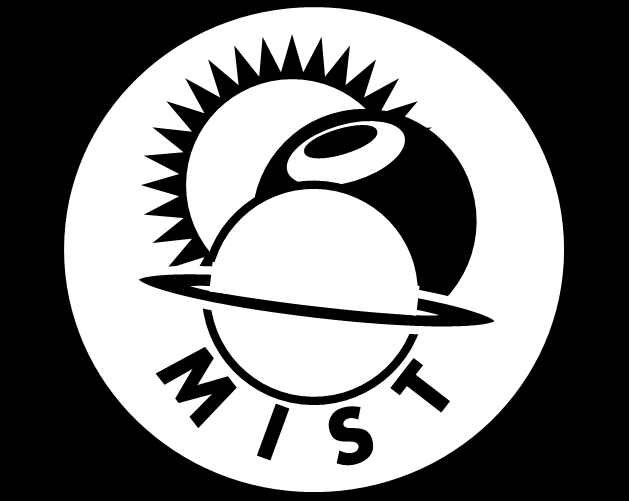MIST
Magnetosphere, Ionosphere and Solar-Terrestrial
Solar Wind Dependence of Magnetospheric Ultra-Low Frequency Plasma Waves
By Sarah Bentley, Department of Meteorology, University of Reading, UK
Ultra-low frequency plasma waves (ULF, 1-15 mHz) are implicated in the energisation and transport of radiation belt electrons. Therefore a description of magnetospheric ULF wave power in terms of driving parameters is highly desirable for radiation belt forecasting; in particular, we want to describe power in terms of solar wind properties, as the solar wind is the dominant driver behind these waves.
However, identifying solar wind driving parameters is severely hampered by the nature of the solar wind. All solar wind parameters are highly interrelated due to their common solar sources and the interactions within the solar wind between the Sun and Earth, resulting in the effect that all solar wind properties correlate so strongly with speed vswthat investigating their relationship to magnetospheric properties is difficult.
To circumvent analysis techniques that require properties such as a linear interdependence between these parameters, we use a series of simple yet systematic two-parameter plots (e.g. Figure 1) to identify which parameters are causally correlated to ULF wave power, rather than just correlated via a relationship with speed vsw. We find that speed, the southward component of the interplanetary magnetic field and summed power in proton number density perturbations (vsw, Bz < 0 and δNp) are the three dominant parameters driving power in magnetospheric ultra-low frequency waves. These parameters can be used in future modelling but are also of interest because there is clearly a threshold at Bz = 0, and because ULF wave power depends more on perturbations δNp than the number density Np itself.
For more information, see the paper below or an informal blog post here.
Bentley, S. N., Watt, C. E. J., Owens, M. J., & Rae, I. J. (2018). ULF wave activity in the magnetosphere: Resolving solar wind interdependencies to identify driving mechanisms. Journal of Geophysical Research: Space Physics, 123. https://doi.org/10.1002/2017JA024740

Figure 1: A two-parameter plot taken from Bentley et al., 2018. We bin the ULF power observed at one station (roughly corresponding to geostationary orbit) at one frequency (2.5mHz) and observe whether it increases with increases in solar wind speed vswand/or the component Bz of the interplanetary magnetic field, using fifteen years of data. Cut-throughs at constant speed and Bz are shown in (b) and (c). ULF power increases with speed and with more strongly negative Bz for Bz<0, but only with speed for Bz>0.
